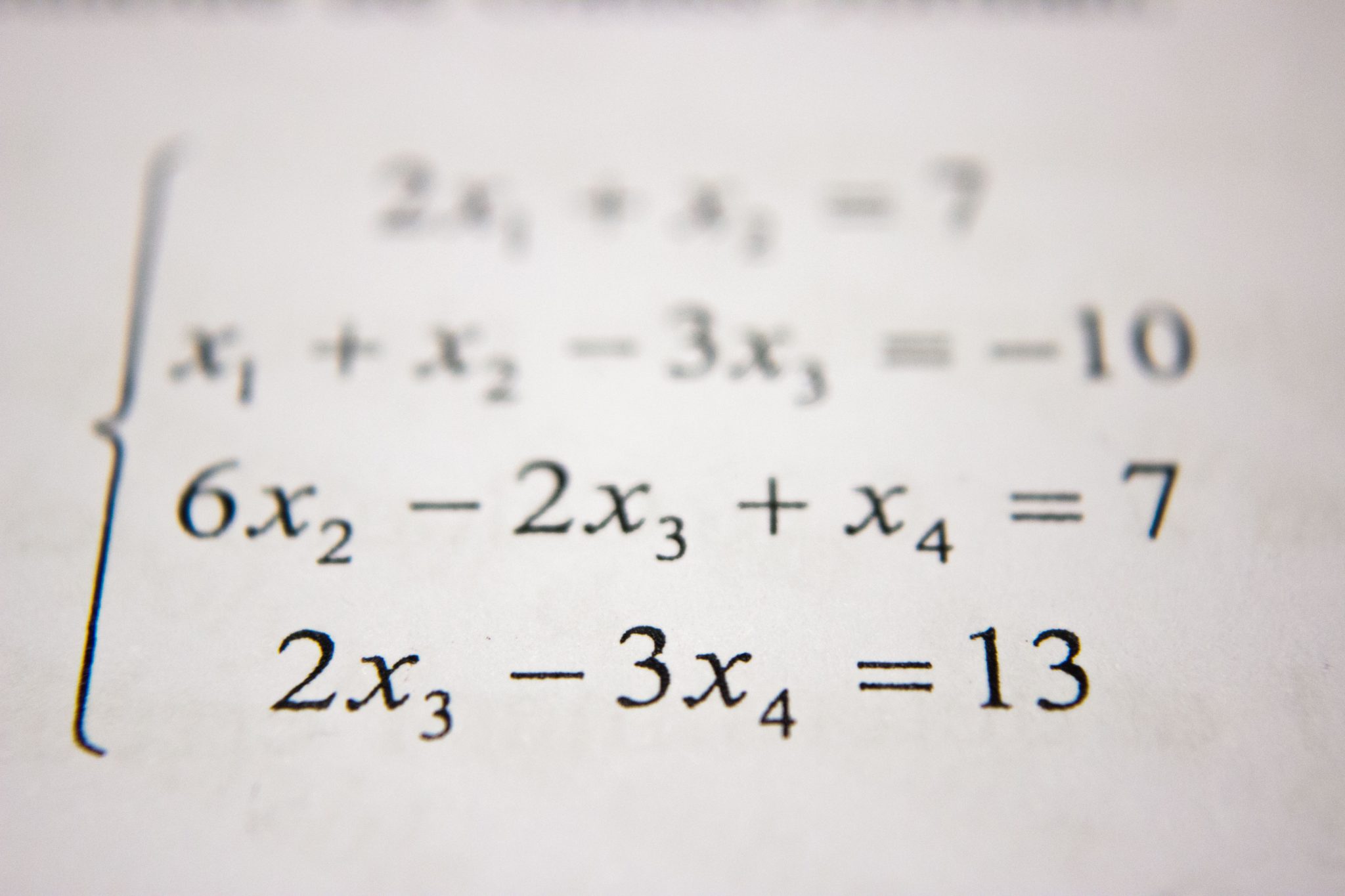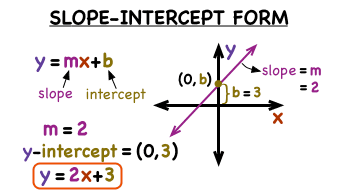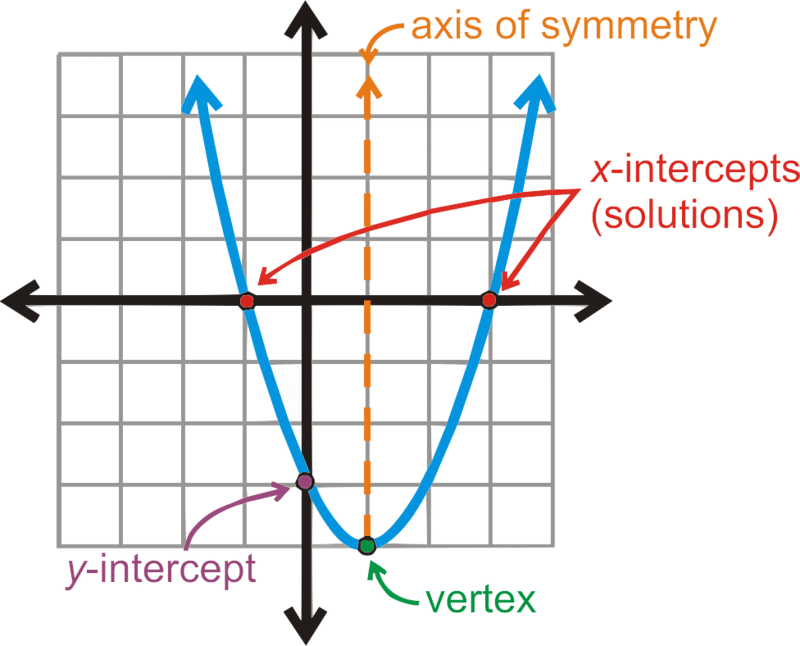3 minute read
We love this basic college algebra guide simply because the answers aren’t always obvious in math. So here’s a go-to library of resources for you to get bigger results and better grades.
Use the table of contents below to navigate through the guide:
How to Factor Polynomials How to Turn a Decimal Into A Fraction How to Solve a Linear Equation How to Solve a Linear Function Quadratic Equation: What All Those Letters Mean
For a quick-reference PDF of this information, click here.
College algebra can really help you live life with more success. Not only does it challenge you to expand your mind, but college algebra introduces life skills as well. For example, it can give you a guide to measure long it will take to repay a college loan.
But if you just want to pass the class right now, we’ve compiled a step-by-step college algebra guide to making your algebra homework as easy as possible.
Need Homework Help? Click Here!
How to Factor Polynomials
If there is a constant in college algebra, it is the letter X. In algebra, X is the source of many a mental math meltdown. But with this college algebra guide, it doesn’t have to be that way! Here are the steps to factoring polynomials:
- Put x factors in descending order of x based on negative and positive numbers as well as the factors. Negative and big factors come first.
- Simplify them by adding like-factors together: all of the x2, then all the x, then the numbers without x.
- Look for common factors in all groups. For example, if these groups all have even numbered coefficients know they are divisible by four.
- Use FOIL to break down the polynomial even further. This stands for “first, outside, inside, last”.
Watch us factor some easy and more complex polynomials using this process.
How to Turn a Decimal Into A Fraction
This process is pretty straightforward and we compiled the steps for figuring it out in college algebra and beyond:
- Count the number of digits in the decimal.
- Move the decimal point to the right until it becomes a whole number. This is the numerator.
- Add one “0” for ever digit you counted in step 1 and make it the denominator after 1. Ex: 2 decimal digits means 100.
- Reduce the fraction.
Check out this guide to see turning a decimal into a fraction with real examples.
How to Solve a Linear Equation
- Isolate the variable you’re instructed to solve for.
- Everything you do to one side must be done to the other.
- Simplify your terms and check your work.
If you’re new at this, the following article explains the three steps to solve a linear equation with more detail.
How to Solve a Linear Function
Basically, isolate your variable, do everything you did to one side of the equation to the other, and simplify your terms to their smallest values.
- Make sure you’re actually looking at a linear function. It always starts with “f(x)=“.
- Substitute variables for values.
- Solve for your variable and check your work.
Here is a breakdown of solving linear functions with graphics.
Quadratic Equation: What All Those Letters Mean
Even mathematicians admit that the quadratic formula can look messy and overwhelming. Here’s how we break it down.
- When you see c, you are looking at a quadratic.
- The “x” corresponds with a specific line on a graph, usually the horizontal line.
- The vertical line of the graph, or “y” is understood as the “0”.
- The “a”, “b”, and “c” elements are simply place marks for numbers.
Many quadratic equations can be worked out in your head. Here’s how.
If you’ve benefitted from using this college algebra guide, this is the end. If you’re still stuck, click below.


